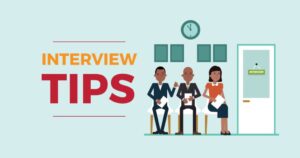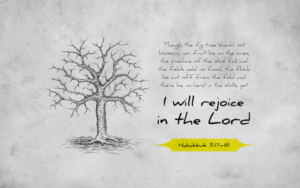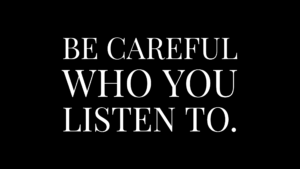 As a pastor, I do a lot of pastoral counseling. And over the years, I have seen many couples repeatedly make the same mistakes that can hinder their ability to work out their differences. In observing these couples, here’s my list of the three most common mistakes I see couples typically make in counseling:
As a pastor, I do a lot of pastoral counseling. And over the years, I have seen many couples repeatedly make the same mistakes that can hinder their ability to work out their differences. In observing these couples, here’s my list of the three most common mistakes I see couples typically make in counseling:
1. Waiting Too Long to Get Help
According to John Gottman, emeritus professor of psychology at the University of Washington and executive director of the Relationship Research Institute in Seattle, “Couples wait an average of six years of being unhappy with their relationship before getting help.” And my experience would substantiate this claim. Many of the couples who come into my office are usually in a crisis and have such significant pain that it’s difficult to unpack. For the sake of your relationship, take a minute, swallow your pride, and admit to your issues and what you truly want from your marriage. Then seek out the advice of a trusted friend, counselor or pastor. Keeping short accounts in your marriage and getting help when you need it, will save you from a lot of pain and heartache down the road.
2. Wanting to Change the Other Person
You can’t change your spouse. It’s up to them to change their thinking, behavior, and eventually their feelings. A common mistake I see couples make is thinking that they can change the other person instead of working on their own issues. If both partners hold to this thinking, the counseling is bound to fail. Instead of demanding that the other person change, both spouses need to be willing to work on their own stuff; as well as demonstrate a willingness to learn, treat their spouse with respect, and make the behavioral changes that will mutually benefit the relationship.
3. Not Willing To Do the Work
I can’t tell you how many times I have heard, “we didn’t do the reading” or “didn’t do the exercises.” The bottom line is this…the relational problems in a marriage cannot be solved in the hour session with a counselor. Instead, the most profound change you’ll see in your relationship will come from you and your spouse really working together to implement the skills you’ve learned. By putting into practice what you learn in counseling, you’re taking the steps necessary to rebuild your relationship. If you don’t do the work outside the session, don’t expect things at home to ever change. You and your spouse must learn to relate in new ways, in everyday situations, in order for healing and change to occur.
Marriage counseling isn’t easy. It takes hard work and dedication from both parties, for a couple to really have a chance at rebuilding their marriage. If each spouse is committed to giving the process time, not trying to change the other person, and working together to genuinely improve the relationship, the marriage has a better chance of success.
Question: What might you add to this list?


